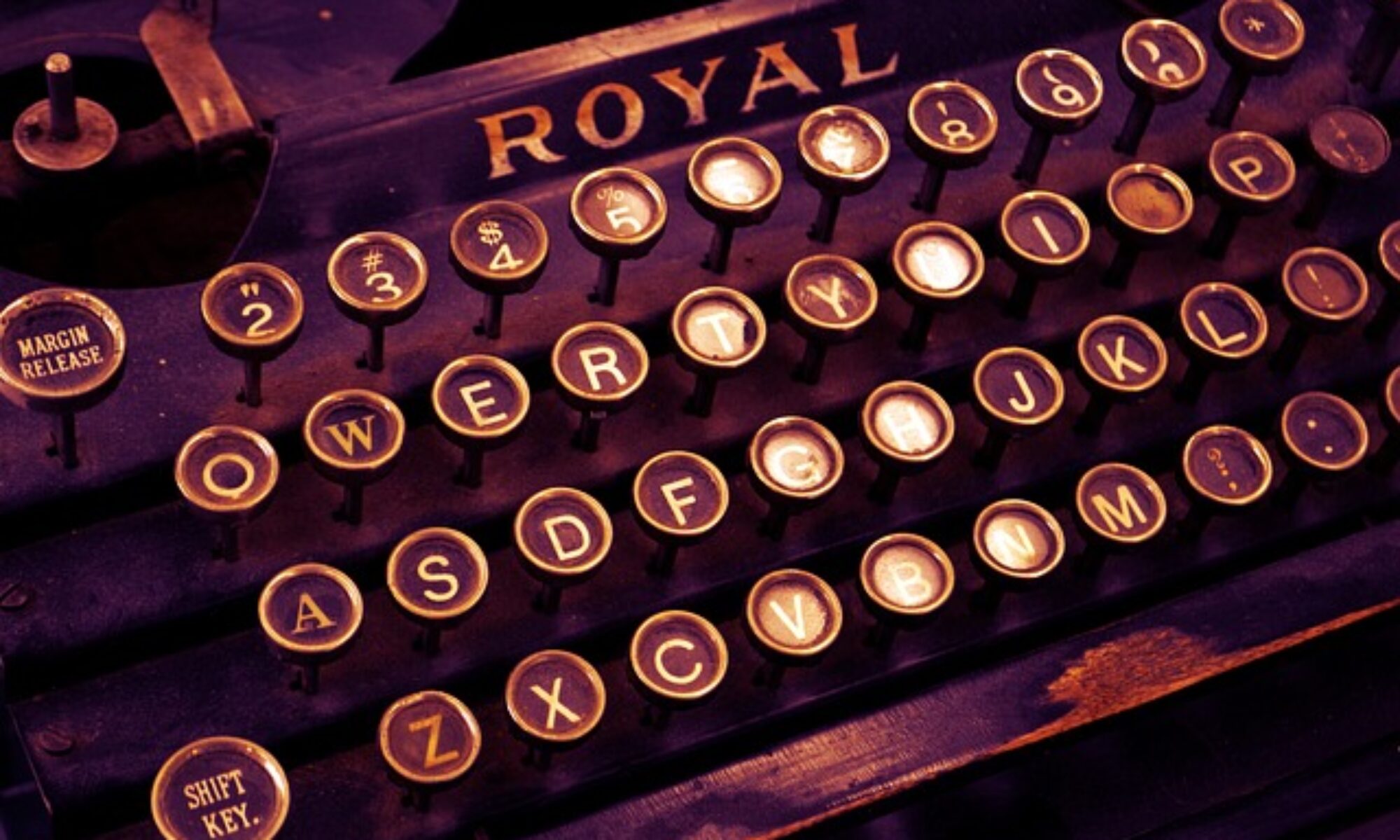Again. I didn’t want to write about this blasted case any more. But I have issues, especially in the PR and media department. So, let’s get into that.
We are talking about Experts Support Amber Heard, an open letter signed by a whole lot of organizations that support women who suffer violence in their intimate relationships and even more „experts“ on the topic from the fields of law, psycology, personal experience, even finance. They mix up two aspects: Ms Heard’s personal experience, being a person of a certain amount of fame, with comments in social media on her allegations and her behaviour before, during and after trial on one hand. On the other, with the ability of all women to report intimate partner and sexual violence without having to fear harassment and intimidation. And believe me when I say that these are two completely different issues.
Follow the link, read the letter – in my opinion it is short, but revealing. There are plenty of people who got into the contents of this letter, so I won’t touch that in length. There is nothing new to talk about anyway, just what has been repeated over and over ever since Ms Heard’s statements in her op-ed went to trial: Ms Heard was harrassed by cohorts of Johnny Depp’s fans, there was „disinformation, misogyny, biphobia and a monetized social media environment where a woman’s allegations of domestic violence and sexual assault were mocked for entertainment.“ So much on this.
What I find astonishing – and really troublesome – is the mixing of general observations (women should be able to report violent behaviour of their spouses against themselves without fearing being threatend or mocked) with specifics of a libel lawsuit (a jury found that Amber Heard – not every women reporting the above mentioned – lied about what she implicated in her op-ed). No one in their right mind will contest the general statement. A lot of people will contest the statement about the specific outcome of the specific lawsuit. We know that, we went over that more than once.
So, what interest should these organizations have to just hammer on exactly this case? Why on earth should they stubbornly make Amber Heard out as a victim of a shameful injustice, not only in the famous court of public opinion, but also in reference to the outcome of the trial? What is the benefit, especially for organizations claiming they help women in the dire situation of breaking free from an abusive, violent intimate relationship? Well, that is a public relations topic that is not that easy to digest, I’m afraid.
Most of those organizations are bankrolled by donations (and perhaps by government funds dedicated to NGOs in that field). They have a vital interest in justifying their work – and, make no mistake, I think this work is more than necessary, because women in these situations often need support, they need people that believe them unconditionally and don’t brush their allegations aside. Amber Heard, through this op-ed was made out as a figurehead for women fighting for their right to speak up; she cooperated with the ACLU to pen this op-ed, so that she could become the organization’s spokesperson on the topic. For the ACLU, it was vital that she was a victim that heroically spoke up and went through the repercussions that came along with that. This is at the root of this letter and this is why Amber Heard must remain a victim, unfairly tried, unfairly judged by jury, court and social media.
For a certain kind of organization, women who suffer domestic violence and/or sexual assault need to be kept in fear, have to feel unsafe and must not trust the legal system so that the cause can be taken further. But if organizations need to keep the status quo to justify their existence and secure their finances, what good are they for those who they intend to help? That sounds harsh. And, honestly, I don’t think that things are that black and white. There may be fear of losing credibility if they admit that they just were led up the garden path. That is a problem our society has in general: mistakes. If you watched that trial – and it was broadcast in its entirety over the internet, with and without comments – and came out on the other end without at least strongly doubting Ms Heard’s allegations, I really doubt that you paid attention. It was bad, not for women who report domestic violence, but for organizations that support them and these organisations‘ credibility, because they supported a person that is so obviously lying.
The best course of action would be to say „sorry, we believed the wrong person“. To just admit fallability and admit that there are, indeed, women who lie for their own gain and fame. To reassure that that does not affect the credibility of victims in general or women especially. That this was a special case. But no. All those warriors for the female cause are incapable of doing that (and, in doing so, they are stubbornly adopting a behaviour attributed mainly to men). That is not feminsm, ladies. That is just downright dumb, I am so sorry to say.
We all know that there are men who deliberately destroy the women they claim to love. The fact that there are quite a lot of them is well documented. We all know that the most dangerous time in the life of a woman is when she decides to leave the man she is living with in a toxic relationship. We know that women are demeaned, beaten, raped and murdered in intimate relationships with men and we know about the danger the children are in if their parents‘ relationship takes a violent turn. All of this is a fact, we can read about this daily. Murder of women by their male partners has become such a common event that there is a name for that: Femicide. I think we need to keep that in mind to understand the state of mind of the representatives of organizations dedicated to the protection of women from their violent male partners when I talk about an equally egregious type of human being: Women who use these facts for their own gain.
Not every woman who claims she is being abused by her male partner is what she appears to be. And it seems as if it is not too uncommon that women who have to lose a lot (material goods, their children, social status, for example) resort to lies and accusations to get out of the separation or divorce from their male partners with what they think they are entitled to and would not get in another way.
There are even women who are violent themselves, treating their male partners in demeaning and violent ways. We all know the jokes about men who after a boys‘ night out are recieved by their wives or girlfriends with a frying pan or a rolling pin in their hands, ready to beat the crap out of the guy and the jokes about men being henpecked and afraid of their wives. Fact is: Those men exist as much as the abused and mistreated women exist. They usually do not come forward, because while battered and mistreated women can count on compassion and commiseration, men see themselves being exposed to mockery and derision – at least in their minds.
Greg Ellis, an English actor underwent quite an ordeal and put his experiences into a book, ‚The Respondent‘. And that brings us to a systematic approach mostly women take to get rid of their male partners: Destroying their reputation and their ability to work and thus earn a living.
Toxic relationships usually start out quite romantically, we should not forget that. They are either based on real romantic feelings or on a certain pretension by one or both partners in order to get something out of the relationship other than romance. That might be prestige, perhaps security, support, access to professional or personal opportunities one would otherwise not have – that kind of thing. If both partners know about that and consent to it, that might work. If not, there might come a day when disappointment and frustration come around. Perhaps, one partner would have the power of getting the other a job opportunity but does not help. Or one partner regards the other as their property which leads to attempts to gain a freedom the ‚owner‘ would not allow, such as meeting with friends, going out, talking to people of the ‚weaker‘ partner’s choice. Whatever that may be, and whatever the reason of disequilibrium of power in a relationship is, the ’stronger‘ partner will try to maintain their ‚power‘ over the other, the ‚weaker‘ partner will try to make things work until they cannot and do not want to do that anymore. In a whole lot of cases, that ‚weaker‘ partner is the woman, the ’stronger‘ is the man. But there are dynamics when this is not the case.
The resort to violence is not a privilege of men, nor is psycological abuse. Women, for usually being physically weaker than men, tend to resort to a certain kind of psychological warfare, demeaning their partners. They accuse their partners of not providing for the partnership or familiy in a sufficient way, of not helping, of being unfaithful, of not being able to be unfaithful for a lack of attractiveness, they demean achievements and exaggerate failures, that kind of thing. There are examples galore, in fiction as well as in actual cases. But women do not restrain themselves to that, there are those who resort to violence.
There is even an instruction manual to ‚Destroy A Man Now‘, that is mentioned in Greg Ellis‘ book. DAMN, a method to get back at the man. It talks about the use of allegations, media and authorities to ruin a man’s reputation and thus his life. Basically it goes like this: First, you allege inacceptable behaviour, then you get the media to report that and once the reporting gains traction, you accuse authorities of not doing enough to remedy the situation. The book can be obtained online, go and google it, I will not promote it here.
Going back to Amber Heard, I am afraid that she followed the instructions almost to the letter. I have been following the case ever since there was a short mention of Johnny Depp being accused of mistreating his wife on German TV – that must have been some time by the end of 2019 or early 2020. I just went and googled and found people who got themselves not only the reports out of the yellow press but also the court documents and the audio files. I read, I listened and I paid attention to the contextualization by lawyers. And I honestly searched for sources supporting Ms Heard’s claims with facts. For example, when you have two black eyes and a broken nose, there must be a medical record. And the day after someone broke your nose and hit you on both eyes so that you have two black eyes, there is swelling in your face. There is no way of cooling these injuries in a way that they won’t show under the heat of spotlights in a TV studio. None at all. So, there would have needed to be a medical record buried somewhere in the court documents, it had to be mentioned – it wasn’t. That was the starting point of my personal disbelief. I simply was unable to dig up hard proof of physical violence. The psychological abuse was mainly debunked by the audio files, so in the end, I was empty-handed on my quest for evidence in favour of Ms Heard. So, I just followed the case to see what developments there might be, what facts might come to light. And I’m sad to say, there were none.
That makes Amber Heard someone who did damage to women and, insofar the authors of that open letter are right, the verdict of this trial, damaging to women. But it is not because no one believed Amber Heard. It is because Amber Heard displayed how a woman is capable of destroying a man’s life with lies. How she used the media to do her bidding. How media use the words ‚alleged‘ and ‚allegation‘ to serve a very juicy story that people will eat up and respond emotionally to – so that ad sales keep the dollars rolling in. This is a very unhealty symbiosis between accuser and media and, in my opinion, media should really review their role in occurrences like this, asking themselves if it is really necessary to blurt each and every unfounded allegation into the world instead of doing their due diligence in research. But that is a side topic that needs to be discussed further in the future.
The emotional response of users on both sides was to be expected and it is part of the methodical package. We can see that not only in the case of a favourite celebrity being accused or accusing of horrendous deeds, but also in political discussions. Look at what lead to the events on January 6, 2021, look at the ‚discussions‘ around the midterm elections in the USA. Look at BREXIT. Look at everything COVID. Look at the energy crisis we are in the middle of at the moment. Good news is no news and mere facts are boring. So, add a bit of spice and let the mob loose. I would like to appeal to everybody reading this rather long text to keep control of their emotions and check facts. You need at least three sources, and you should get them from as broad a spectrum as possible. The louder the headline, the less trustworthy the source. Be careful, do not let media use you. Think critically. Please!
What I have to add, just to make that crystal clear, is the fact that the mocking and demeaning of Amber Heard might be deserved, but I find it disgusting nonetheless. There is a difference between commenting on legal proceedings and personal attacks. I can understand that it is difficult to stay with the matter when talking about this trial instead of giving in to emotion and going against the person. The blatant lying is infuriating, yes. But going against the person instead of going with the facts, giving in to the heat of the emotion instead of staying with the cool argument will put you in a position where you are simply wrong, even if you are right. So don’t do that, please.
So, to the organizations who support women: Do keep up the good and valuable work. But look at what you do and if you choose someone to speak for you, a bit of scrutiny can’t do harm. And if you are mistaken, just say sorry, admit your mistake and go on. Don’t go on just because you fear for your credibility when you are simply off the mark. Please.
To those who support people on social media: Please keep your eye on the matter, not the person. You don’t even know Amber Heard, you have no idea who she really is. What she is not: A replacement target for people you have a problem with, a punching bag for you to hit when you haven’t got one at hand, a joke for you to laugh about. I personally think that she has more problems than those that might be solved legally and I urge you to give her the space to find her balance.
In the end, we are talking about people, real living, breathing people. We might regard some as nicer and others as simply unbearable. But we should stay civilized, especially because everything you write into this internet will stay here forever.
On YouTube, I found a contribution to the broader scope of the issue of social media outrage that forms the basis to fan behaviour like the one we could observe in this case: „Cancelling“: A Culture of Retribution. I recommend watching it, especially if you seem to get caught up in a fight that is not yours.




